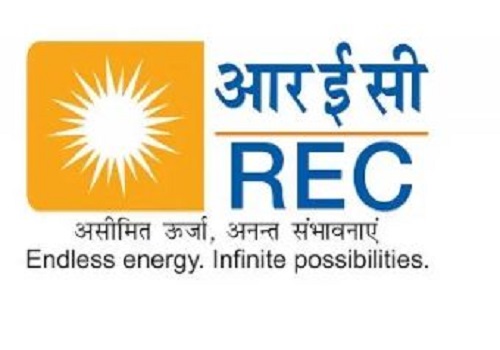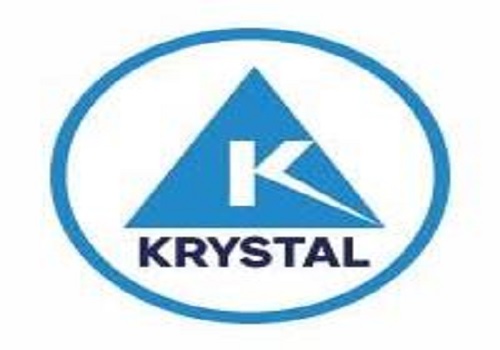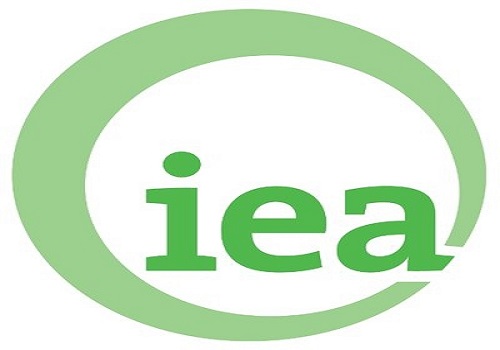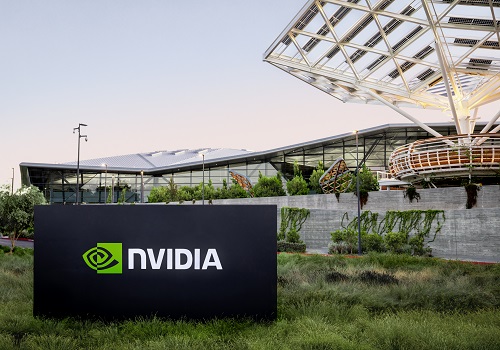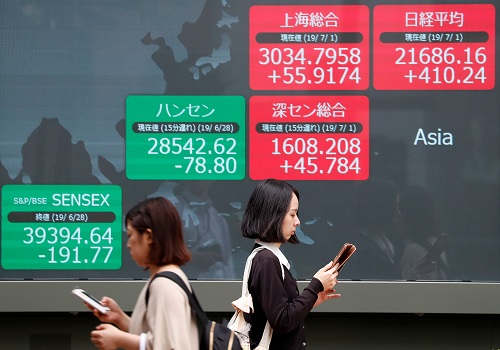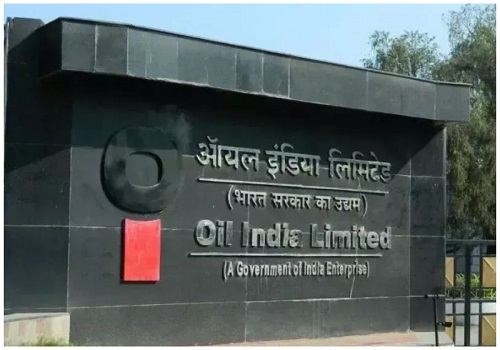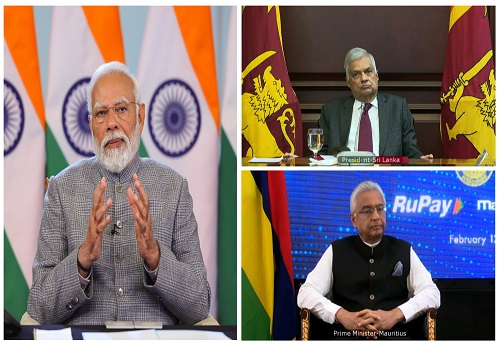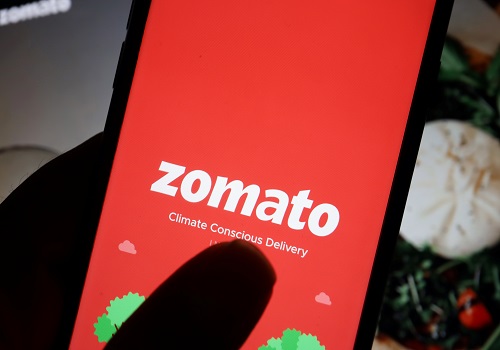ACES to provide mobile infra services on underground Mumbai Metro 3 line
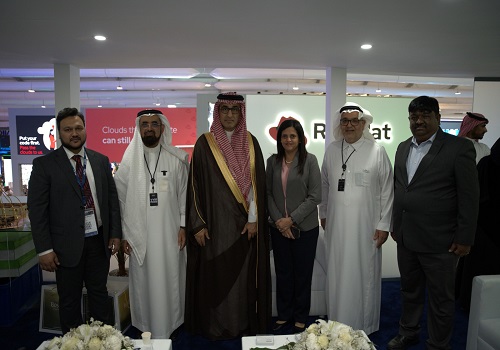
The ACES India Pvt Ltd, a subsidiary of ACES Saudi Arabia, will provide mobile infrastructure services on the upcoming Mumbai Metro 3 line, the city’s first fully underground corridors, top officials said here on Tuesday.
A contract was inked between Mumbai Metro Rail Corporation and ACES at the LEAD-2024, ‘A Digital DAVOS’ event held in Saudi Arabia on March 4, said MMRCL Managing Director Ashwini Bhide.
As per the contract for 12 years, the ACES will provide mobile infrastructure services including advanced 4G and 5G technologies for more than 625-plus million commuters annually.
The ultra-high speed services shall be available on the entire Metro 3 running 33.5 kms, including 27 stations, platforms, concourses, tunnels etc with seamless coverage for enhanced user experience.
“We are pleased to partner with ACES India to provide Mobile Services Infrastructure for Mumbai Metro line-3. It will ensure uninterrupted mobile connectivity to Metro-3 commuters, with a rich experience as a leading International Neutral Digital Infrastructure company,” said Bhide at the signing ceremony.
Present were MMRCL’s R. Ramana, Bassam A. Al-Bassam, Deputy Minister For Telecom And Infrastructure from Ministry of Communications and Information Technology from ACES, CEO Akram Aburas, Khalid Almashouq, India MD Mohammed Mazher, Amit Sharma, Naif AlShammari, Deputy CEO of Saudi Exim Bank, Abu Mathen George – from Indian Embassy and other prominent members from MMRC & ACES.
The Mumbai Metro 3 is expected to slash 450,000 vehicles trips per day and is expected to be extended from Colaba to Navy Nagar, and provide connections to the other Metro lines, the suburban railway, the monorail, inter-city railway, highways and the Mumbai Airport.
Slated to cost around Rs 30,000, it is being financed by several agencies, including Japan’s JICA, and its first phase is expected to open this year.
